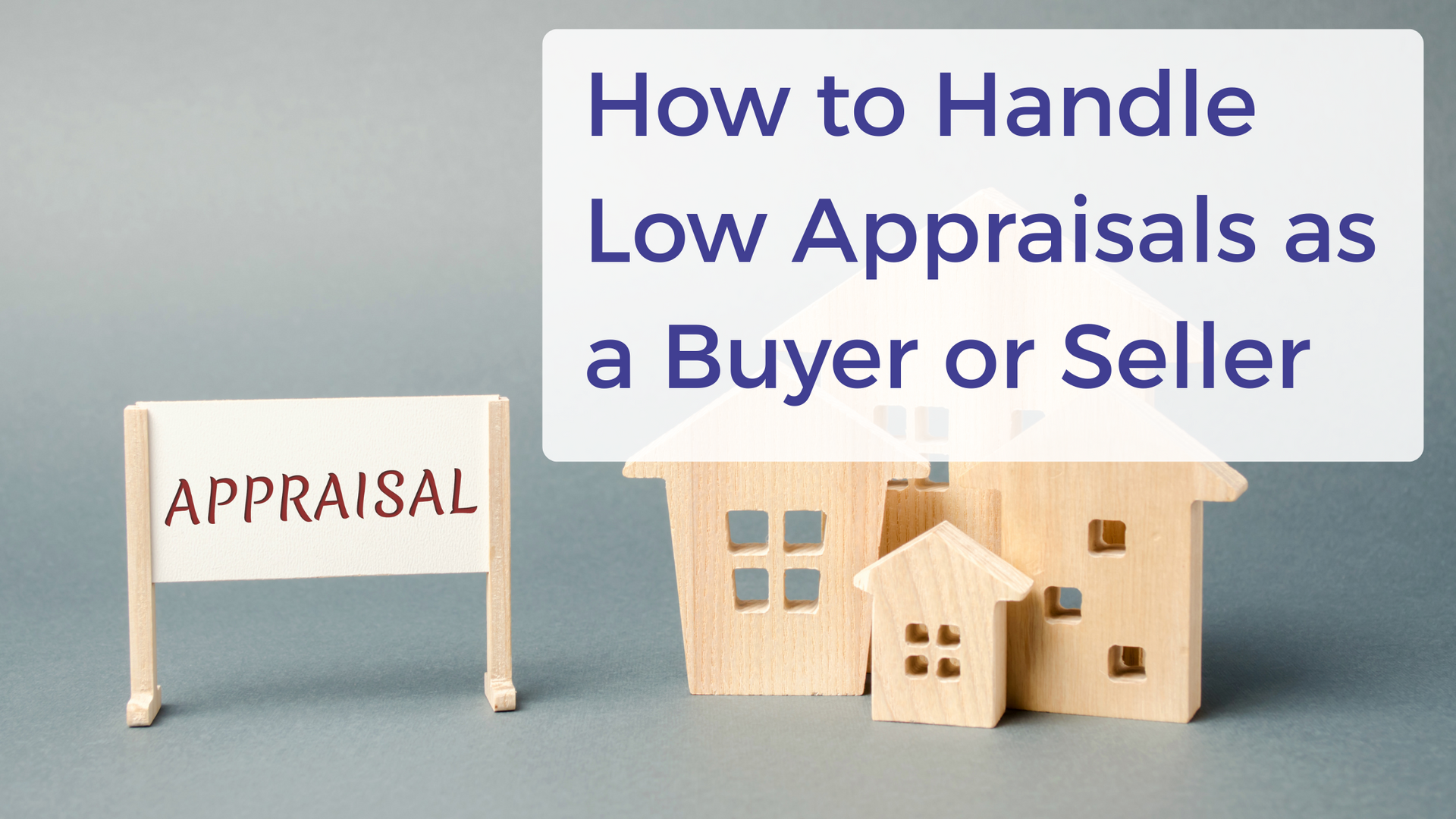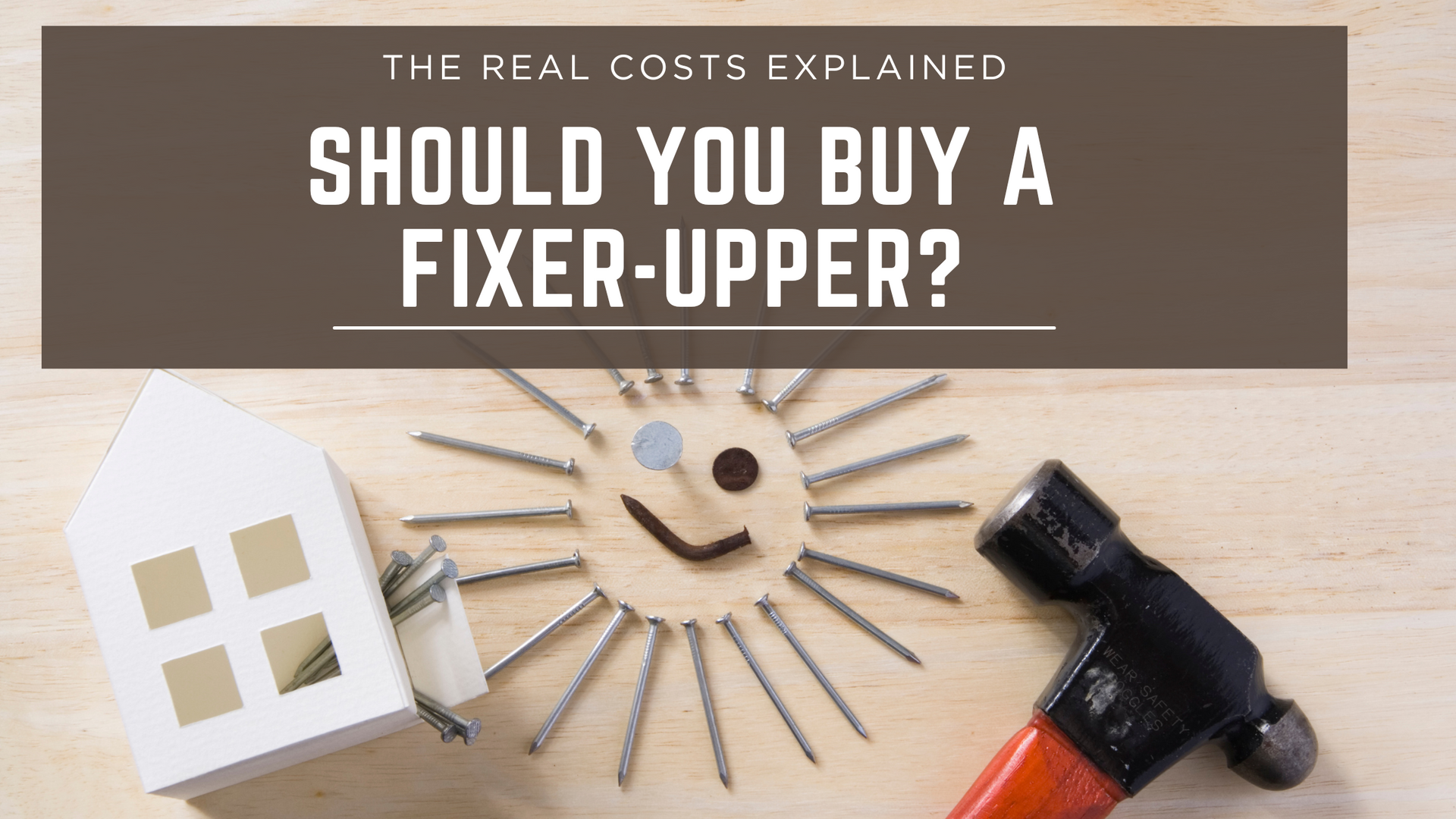Buying a home is one of the most significant financial decisions most people will ever make. Yet, many buyers rush through the mortgage process, focusing on getting approved rather than fully understanding their options. As a mortgage professional, I see it often—borrowers end up with loans that don’t truly fit their needs, leading to higher costs, unnecessary stress, or even long-term financial strain.
Choosing the right mortgage isn’t just about getting the keys to your new home—it’s about setting yourself up for lasting financial stability.
Many buyers rush through the mortgage process, focusing only on approval instead of understanding what truly fits their needs. This can lead to higher costs, unnecessary stress, and long-term financial strain.
Below are some of the most common mistakes buyers make when selecting a mortgage—and how to avoid them.
1. Overlooking the True Cost of the Loan
Many buyers focus solely on the monthly payment, without considering the overall cost of borrowing. A lower monthly amount may feel more comfortable, but it could mean paying far more in interest over time.
For example, a 30-year loan will cost substantially more in total interest than a 15-year loan. Similarly, a low introductory rate on an adjustable-rate mortgage (ARM) might seem attractive but could reset to a much higher rate later, causing payment shock.
💡 Tip: Don’t stop at the monthly number. Review the total cost of the loan—including interest, fees, and how long you plan to stay in the home. Running side-by-side comparisons helps you see the full picture before committing.
2. Not Shopping Around for the Best Rate
It’s easy to assume that all lenders offer similar rates, but that’s rarely the case. Even small differences in rates or fees can add up to thousands of dollars over the life of a loan. Accepting the first offer you receive can cost you significantly in the long run.
💡 Tip: Get personalized quotes from several lenders or mortgage brokers. Compare not just the interest rate but also the APR (Annual Percentage Rate), fees, and closing costs. A mortgage broker can help you evaluate multiple options and negotiate better terms.
3. Failing to Review and Strengthen Credit Before Applying
Your credit score has a huge impact on your rate, loan type, and overall costs. Many buyers start the process without checking their credit, only to find errors or lower scores that limit their options.
💡 Tip: Review your credit report several months before applying. Correct any errors and work on improving your score—by paying down credit cards and avoiding new debt. A stronger credit profile can open the door to better programs and lower rates.
4. Ignoring Loan Types and Their Trade-Offs
Not every loan is created equal. Many buyers default to a 30-year fixed-rate mortgage without realizing there may be better options for their situation.
Here’s a quick overview:
- FHA loans help buyers with limited savings but include mortgage insurance.
- VA loans offer excellent benefits for eligible veterans but have specific qualifications.
- ARMs (Adjustable-Rate Mortgages) offer lower initial rates but carry future rate risks.
💡 Tip: Take the time to understand how each loan type fits your goals, timeline, and risk tolerance. Work with a mortgage professional who can help you compare the pros and cons—not just what’s easiest to qualify for.
5. Forgetting About Closing Costs and Other Fees
It’s easy to focus on the down payment and monthly payment, but closing costs can catch buyers off guard. These typically range from 2% to 5% of the purchase price and include fees for appraisals, title insurance, and lender charges.
💡 Tip: Ask your lender or broker for a detailed Loan Estimate early in the process. This helps you plan ahead and avoid last-minute surprises.
6. Borrowing More Than You’re Comfortable With
Just because you’re approved for a higher amount doesn’t mean you should borrow it. Lenders base approvals on income and debt ratios—but not on your personal comfort level or financial goals.
💡 Tip: Build your own budget. Factor in taxes, insurance, maintenance, and future expenses. Choose a loan amount that gives you flexibility and peace of mind.
7. Not Locking in the Interest Rate
Mortgage rates can fluctuate daily—or even multiple times per day. If you don’t lock your rate, you risk paying more if rates rise before your loan closes.
💡 Tip: Once you’ve chosen a lender, ask about a rate lock. Most locks last 30–60 days and protect you from unexpected changes during processing.
8. Relying Only on Online Calculators
Online mortgage calculators are great for estimates—but they can’t account for all variables, such as taxes, insurance, or lender-specific fees.
💡 Tip: Use calculators as a starting point, then verify your numbers with a mortgage professional to ensure accuracy and personalized advice.
9. Skipping Pre-Approval
Skipping pre-approval can delay your home search or weaken your offer. Pre-approval gives you a clear understanding of what you can afford—and shows sellers that you’re serious.
💡 Tip: Get pre-approved early. It streamlines the buying process, helps you stay focused on the right price range, and strengthens your negotiating position.
10. Not Reassessing After Major Life Changes
A mortgage is a long-term commitment, and life doesn’t always go as planned. Whether it’s a job change, growing your family, or relocation, your loan choice should reflect your evolving goals.
💡 Tip: Revisit your mortgage after major life events. If your situation changes, consider refinancing or restructuring to stay aligned with your financial plan.
Final Thoughts: Make Your Mortgage Work for You
Choosing a mortgage isn’t just about getting approved—it’s about selecting a loan that supports your financial goals today and in the future.
By avoiding these common mistakes, you can save money, reduce stress, and approach homeownership with confidence.
Before signing any documents, be sure to:
✅ Compare multiple lenders and loan types
✅ Understand the full cost—not just the payment
✅ Align your mortgage with your financial plan
✅ Budget beyond the mortgage itself
A well-chosen mortgage should be a tool that works for you, not a source of stress.
If you’d like personalized guidance on which loan options best fit your goals, reach out to discuss your situation. I’ll help you navigate the numbers, clarify your options, and make confident decisions about your financing.


